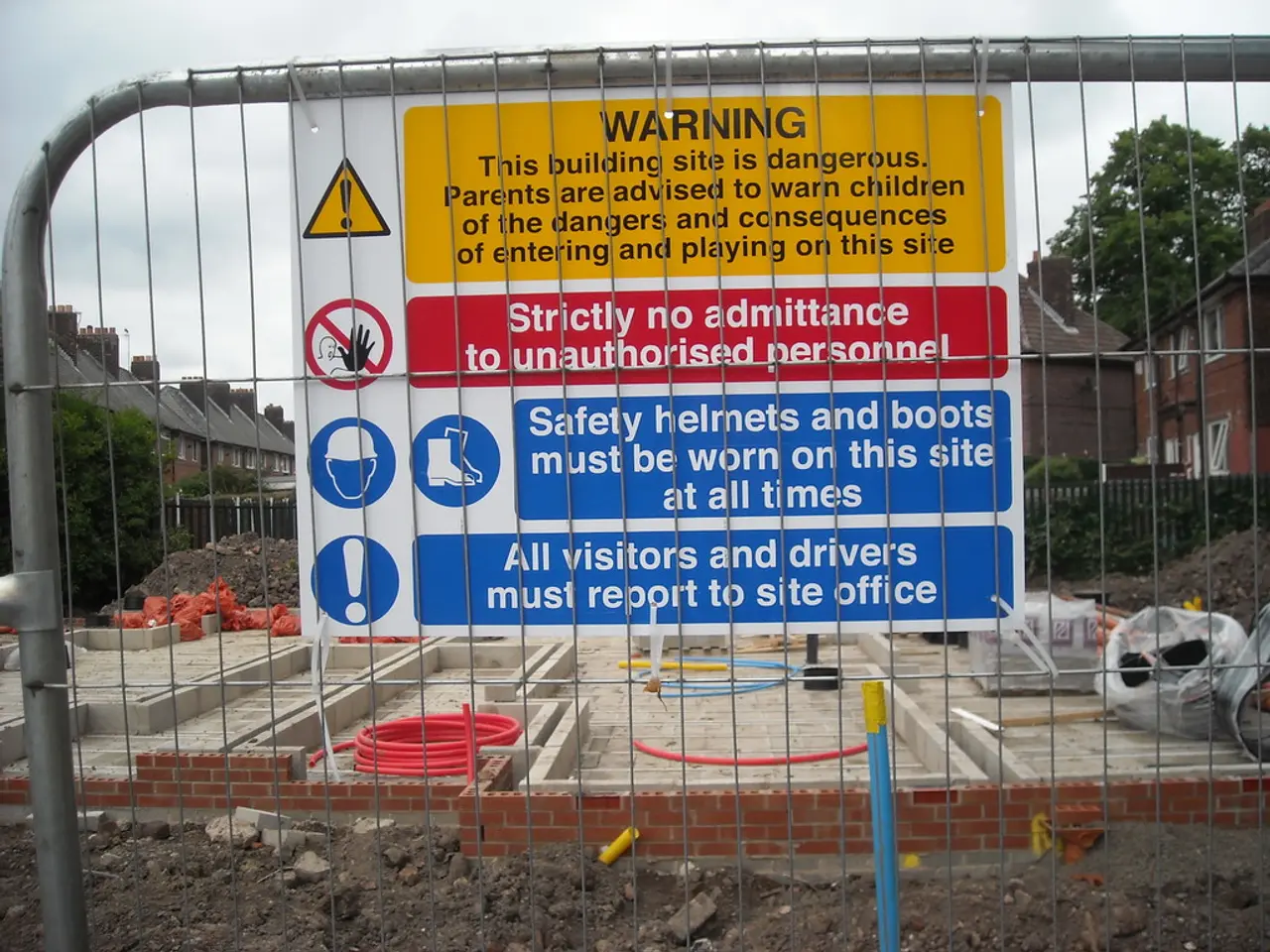Social Democracy's Ascendancy: Strategies for the German SPD to Triumph Once More
The German Social Democratic Party (SPD) is currently grappling with a deep-seated crisis, but it is not an insurmountable challenge. To overcome this hurdle, courage and a convincing narrative for a brighter future are required, asserts Henning Meyer, CEO and Editor-in-Chief of a renowned platform, Honorary Professor of Public Policy and Business at the Eberhard Karls University of Tübingen, and Research Associate at the Centre for Business Research at Cambridge University.
Decades of transactional politics have led to a profound loss of identity and trust for social democracy. The previously valid social democratic program was deemed outdated and discarded in the 1990s. A renewed social democratic vision for the 21st century is needed, one that inspires hope for the future and builds on the traditional social democratic promise of progress.
The changing social structures since the 1990s make it difficult to identify homogeneous interests and address them politically. However, a clear, long-term vision could ease the relationship between governing and party work, transforming it into a productive tension. If this work succeeds, the SPD can not only renew itself but once again become a political force that provides direction for society and rebuilds trust.
In the 1990s, politics shifted from actively shaping the future to forming temporary voter coalitions based on identified perceived interests of specific social groups. A clear vision for the future would make it easier to define the party's identity in election campaigns, leading to a stronger form of "democratic polarisation." This vision should be grounded in the real lives of ordinary people, with special emphasis on municipalities and local communities.
The transactional approach to politics, based on short-term voter coalitions, is increasingly proving to be a boomerang. Political allegiances have become increasingly volatile, especially among young people. In both Germany and the UK, a strong mood for change after years of conservative rule, combined with the personal charisma of leaders, played a significant role in their electoral victories.
The new policy orientation must be translated into concrete, comprehensible goals and projects, providing guidance and a timeline that extends beyond a single legislative period. The decline in social democracy is largely attributed to increasing economic inequality, political polarization, erosion of civil society, the rise of populism fueled by negative emotions like fear and anger, and the weakening of democratic institutions such as independent judiciaries and free media.
To revitalize social democracy, a renewed vision must address these root causes by fostering social trust, stronger civic engagement, and collective identity that transcends polarization. Emotional appeal is crucial: leveraging hope and shared humanity can counteract the fear and anger driving populism. Constructive action grounded in inclusive narratives can rebuild faith in democratic institutions and promote solidarity across diverse social groups.
This involves rebuilding civil society’s “third spaces” for organic connection and collective problem-solving, as well as reinvesting in social relationships and trust to overcome social isolation and fragmentation. Furthermore, defending judicial independence, free media, and transparent institutions can restore democracy’s resilience against authoritarian backsliding.
The decision to renew the SPD's fundamental program is the right starting point. Over the next two years, the task is to develop the vision described above. Social democracy in Western democracies has been suffering from a loss of trust since the 1990s. The actual impact of the changed political strategy may have been overestimated. The SPD in Germany needs a fundamental reorientation to overcome its crisis. The SPD's fundamental problems in Germany extend beyond a single lost election and have persisted for more than two decades.
- The SPD's fundamental reorientation, focused on a renewed social democratic vision for the 21st century, aims to counteract the rise of populism by leveraging hope and shared humanity, addressing the root causes of declining trust in democracy, such as economic inequality, political polarization, and the erosion of civil society.
- A clear, long-term migration policy that prioritizes the needs of ordinary people, with special emphasis on municipalities and local communities, can help the SPD build trust and become a political force once again, as it navigates the changing social structures and the volatile political allegiances of the 21st century.








